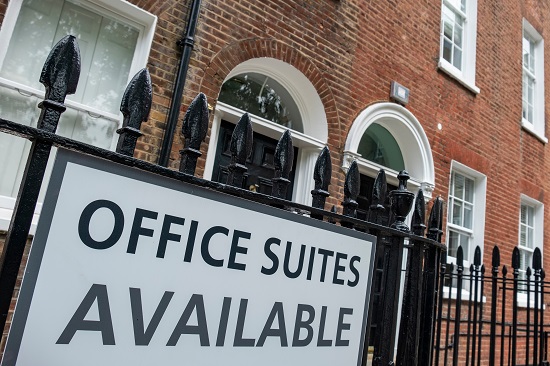


Prior to entering into a lease one of the terms a tenant will have to negotiate with the landlord is the alienation provision of the lease. This is generally done with the advice of an agent who then records all agreed lease provisions as ‘Heads of Terms.’ The solicitors then draft the lease based on the terms set out in the Heads of Terms.
Alienation provisions are the ability to deal with a lease e.g. assign, sublet etc. If the lease is silent on alienation then it will be freely alienable by the tenant, however this is not commonplace. Almost all leases restrict the tenant’s ability to assign or sublet and at the very least are generally likely to require the landlord’s consent. This is because the landlord will want to remain in control of who is in occupation of the property and also be satisfied that the proposed assignee or subtenant is willing and able to perform the tenant’s covenants.
Restrictions on the tenant’s freedom to alienate may be absolute or qualified. Generally assignment or underletting of part only of the property may be absolutely prohibited, however assignment or underletting of the whole of the property may be qualified. That said, all leases of course are different and if you are unsure of your ability to alienate or what may be involved we are of course very happy to review your lease and advise upon your position.
For example, if an assignment of whole is qualified, it will generally mean that the landlord’s prior consent is required. As a solicitor acting for the tenant at the time of the preparation of the lease we will add express provision that this consent must not be unreasonably withheld, however under Section 19(1) of the Landlord and Tenant Act 1927 this is implied.
There is also a statutory duty on the landlord to provide their consent in writing, within a reasonable time, unless it is reasonable not to do so in which case consent may be refused and the reasons for refusal must be given in writing within a reasonable time. If consent is given subject to conditions, those conditions must also be reasonable, but where conditions have already been agreed and are set out in the lease, as is normally the case, Section 19(1A) of the 1927 Act states that withholding consent shall not be unreasonable in accordance with these.
By way of example, a common condition on assignment is that the tenant must enter into an authorised guarantee agreement (“AGA”). This has become somewhat standard practice. An AGA is an agreement which places an obligation on an outgoing tenant (the “assignor”) to guarantee the performance by the new tenant (“the assignee”) of the tenant covenants contained in the lease. This means for example, if the assignee fails to pay the rent as required by the lease then the landlord can seek to recover the rent from the assignor under the AGA. This protects the landlord. As a tenant you will want to be sure that you are assigning the lease to an assignee who will be able to comply with those covenants ie. do they have good financial standing, do they have reputable references? The landlord will also want to check this.
Other generally accepted conditions will require the annual rent or any other monies due under the lease to be paid up to date and for there to be no unremedied breach of covenant of the lease. As a solicitor acting for the tenant at the time of the preparation of the lease we would argue that any unremedied breach of the lease must be material in order for the landlord to be able to withhold consent.
Of course there are many further conditions to assignment which can be negotiated, and there also are separate conditions which are commonly included as regards underletting. The lease is likely to also set out whether sharing occupation and charging is permitted and in what circumstances, and it is commonplace to include a prohibition of other dealings not specifically referred to.
If you would like to know more about the alienation provisions in your lease and your ability to deal with the lease please get in touch with Hannah Jones in our Commercial Property team on either 01278 454468 or hannah.jones@pardoes.co.uk .who would be very happy to assist. Further, we are also able to deal with the Licence which will be required to document the landlord’s consent and the Authorised Guarantee Agreement if required.